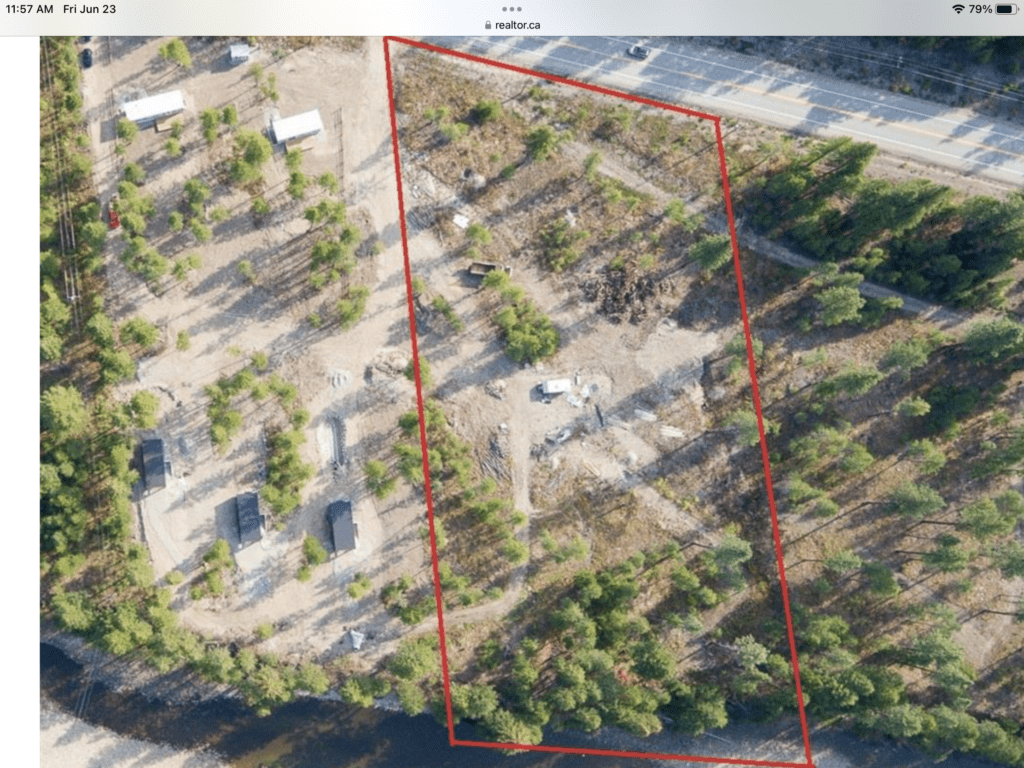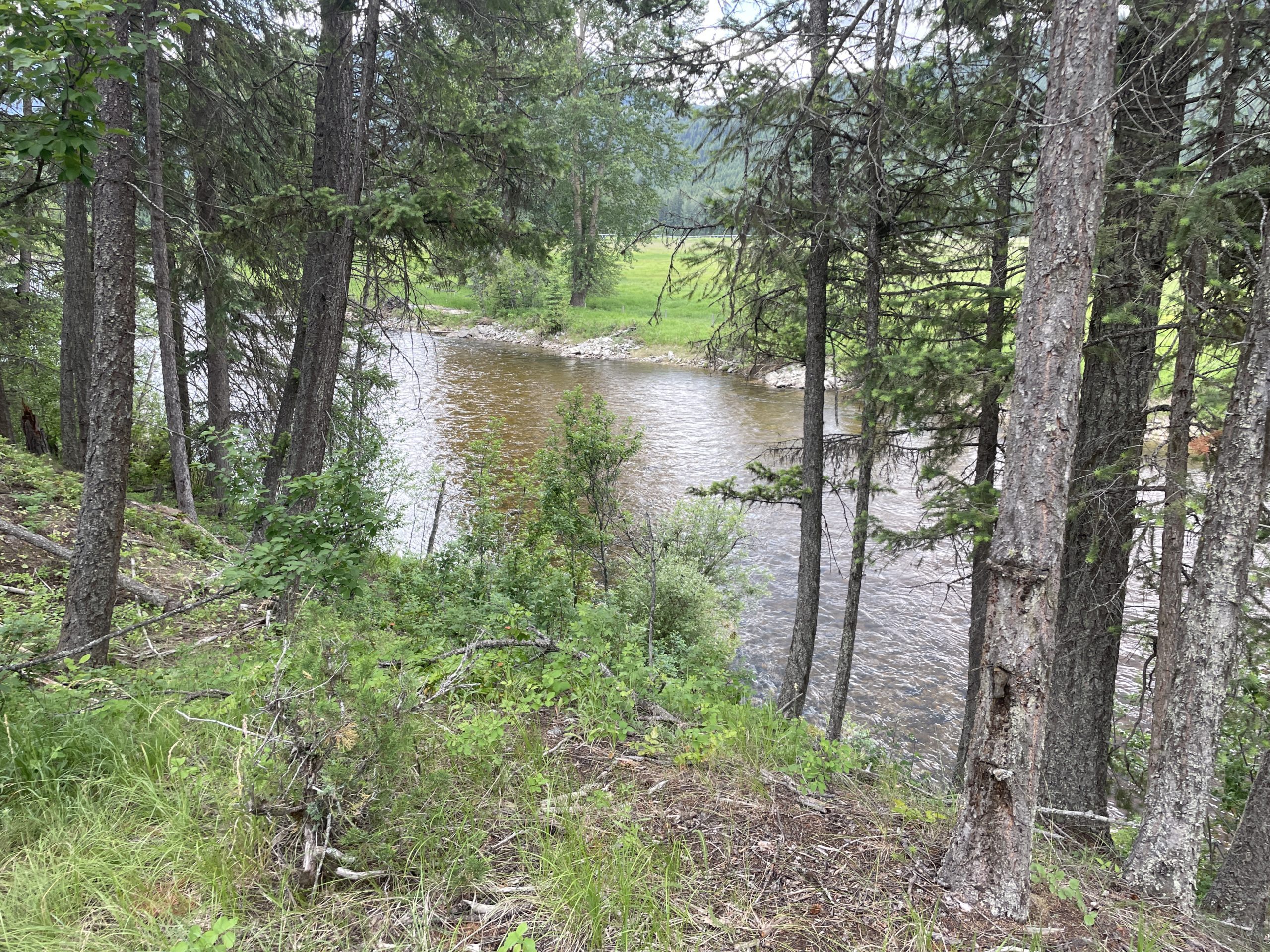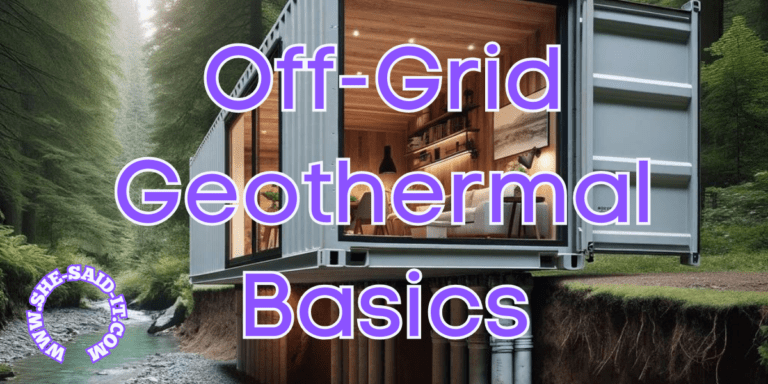Navigating Stationary Landscapes: How to Buy Land for RV Living

Hey there, folks!
If you’ve landed on this page, odds are you’ve got the same love for the RV lifestyle as I do. You might be here because you’re ready to put down roots on your own piece of land for RV living. Or perhaps you’re just kicking off your adventure into full-time RV living and you want to learn more about stationary options. Either way, you’re in the right spot. We’re all about harmonizing with nature, relishing life’s simple pleasures, and crafting a unique home base with our RVs. But let’s be honest – it’s not all nights under the stars and laid-back mornings with coffee in hand. The road to securing your RV as a full-time, stationary home in Canada, or the US, has its fair share of potholes. The most intimidating one? Finding that one perfect plot completely free of restrictions where you can park your dreams.
Now, a quick reminder that my experience is thoroughly Canadian. For my friends south of the border in the US, the challenges and procedures might be different. They even have a few dedicated websites for finding bare land with no building restrictions. For us Canucks, the process is not simple. Every municipality has it’s on set of rules and regulations. Just because the land is bare doesn’t mean you can live in your RV there.
Searching for the Perfect Land For RV Living
Let’s get down to brass tacks and talk about “unrestricted property”. It’s a plot of land without a long list of rules dictating what you can or can’t do. Most properties are bound by zoning or deed restrictions that determine how the land is used. But unrestricted properties loosen up these rules, making them a prime choice for land for full timing on your own property.
The needle in a haystack for us Canadians? Finding such a property. I won’t sugarcoat it, folks, it’s a grind. You’ve got to comb through all sorts of land listings, decoding which ones are free from those pesky limitations. It’s a long process demanding a sharp eye and truckloads of patience. But believe me, when you strike gold, every second will have been worth it.
Most municipalities in Canada are okay with full-time RV living if you’re constructing a house. and may require building permits. Enforcement of some bylaws is strict, others not so much, often depending on complaints from neighbours.
The Bare Land Breakdown
Bare land could be your ticket to land for RV living. These properties, free from any built structures, leave room for nature to rule. But the “bare” in bare land doesn’t mean restriction-free. The level of restrictions often depends on where the land is located, becoming a complex game of checks and balances.
It’s virtually impossible to hire a realtor to help you in this process unless you have a certain area already in mind. It can be really hard to know where to look as most areas have really specific bylaws about living in an rV.
Small remote towns are usually less restrictive, which might make them a viable option. But wherever you choose to scout, be prepared to research thoroughly there might be a labyrinth of zoning laws. You’ll need your detective skills at the ready. Remember, though, this is just another leg of your RV adventure, and the end reward will be well worth the journey.
Doing Your Due Diligence
How do you differentiate unrestricted bare land from the rest? That, my friends, requires a keen detective’s eye. It’s vital to scrutinize property listings thoroughly. Sometimes, the restrictions are laid out upfront, saving you a bunch of time.
If things are still cloudy, don’t hesitate to email the seller’s real estate agent. They should be equipped to fill you in with all the necessary details. In some cases, you might need to take it up a notch and get in touch with the local municipality or planning department. They’re the ones with the lowdown on zoning rules and regulations.
It’s important that you go and take a look in person. Things could look absolutely amazing in photographs, but when you get there the neighbouring property could be a junk pile of used cars. You will need to take into consideration things like water, septic, power and internet. Most unrestricted bare land plots are exactly that, bare land.
Be prepared for curveballs though. Even if a property is listed as unrestricted, there can still be underlying restrictions that can cramp your RV lifestyle. These could be environmental regulations, water rights, access issues, or future zoning changes.
Embracing The Hunt for Unrestricted Land for RV Living
The RV life isn’t just about embracing the unexpected; it’s about working for it too. Finding your slice of Canadian wilderness land for RV dwelling isn’t going to be a walk in the park. It requires research
It’s not easy finding a place to land your RV that isn’t against the rules. We have all seen pieces of property with RVs parked on them and thought, if they can do it, why can’t I? They may be doing it, but they might not be full time, or maybe they are planning to build a house. It’s also possible the RV is parked there and the neighbours just haven’t complained, but I’ll tell you from experience, buying a place that you plan to breaks the rules on is a recipe for disaster.
With an unrestricted parcel of land there is also an opportunity to make a little income on the side. When you are hooking up the water, power, and septic for yourself, you could put in a nice little RV pad for renting or for guests. Things like tiny homes are growing in popularity, you might consider putting on in and renting it on Air BnB. With unrestricted land there is no limit to your opportunities, but keep in mind, you will need to file that income with your taxes.
In the end, it all boils down to freedom, doesn’t it? The freedom to live how you want, where you want. So keep that spirit of adventure alive, stay patient, and know that your dream home-on-wheels is just around the corner.
Stay tuned for more posts about the ins and outs of full-time RV living in Canada. We’ll be covering everything from the legalities of living on your land, to setting up utilities, and much more. Until then, safe travels, my fellow nomads!





